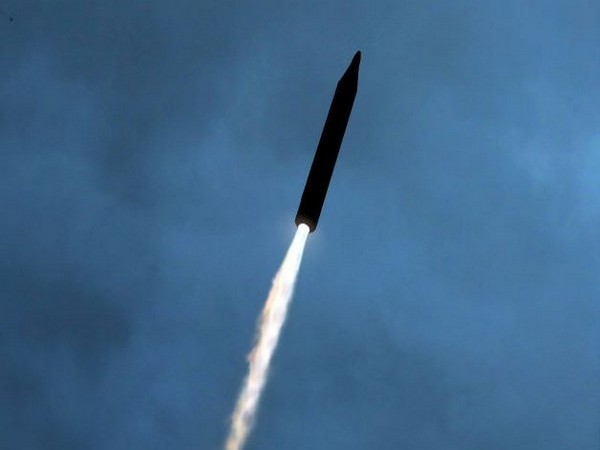North Korea launches suspected intercontinental ballistic missile
Oct 31, 2024
Seoul [South Korea], October 31: North Korea has just launched a missile suspected to be an intercontinental ballistic missile (ICBM) into the sea east of the peninsula.
The South Korean military said it detected the launch at around 7:10 a.m. local time from the Pyongyang area. The missile fired by North Korea appeared to be an ICBM, which was launched on a high trajectory, Yonhap reported.
The Japanese Defense Ministry said the missile was still in flight as of 7:45 a.m. Japan and South Korea share the same time zone. The missile was expected to land about 300 kilometers (186 miles) off Okushiri Island in Hokkaido, outside Japan's Exclusive Economic Zone.
NHK also cited government sources as saying the missile may have been launched at a high trajectory, with a nearly vertical launch angle. In a later statement, Japan Coast Guard officials said the missile had crashed.
The South Korean military said it remains on high alert and is closely sharing information about the missile with the US and Japan. This is believed to be North Korea's 12th launch this year. The last time North Korea launched a missile was on September 18, with several short-range ballistic missiles. Meanwhile, the last time an ICBM was launched was on December 18, 2023.
The launch came just hours after the defense ministers of South Korea and the United States condemned reports that North Korea had deployed troops to Russia. Speaking at a press conference at the Pentagon on October 30, South Korean Defense Minister Kim Yong-hyun predicted that North Korea could launch an ICBM or conduct a nuclear test around the time of the US presidential election.
Source: Thanh Nien Newspaper








